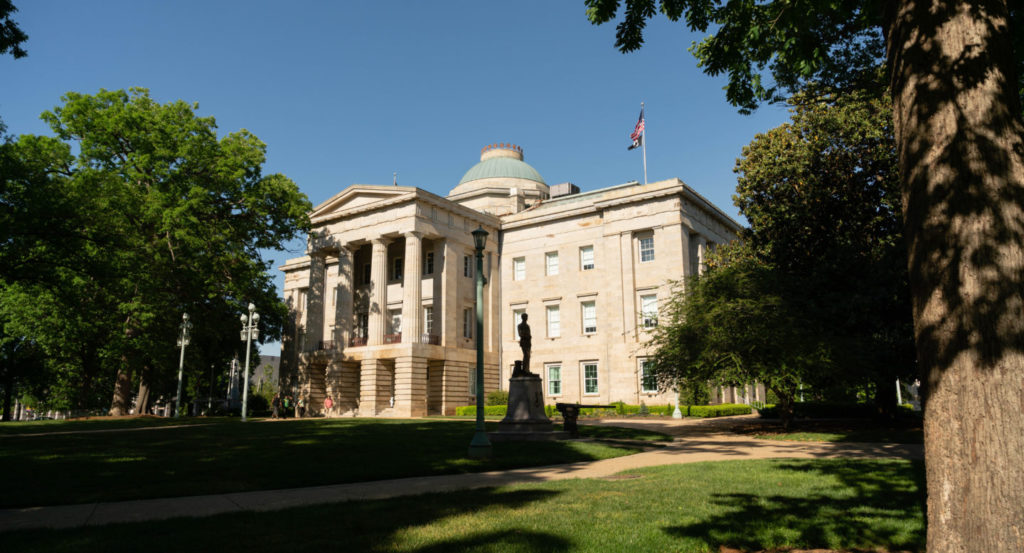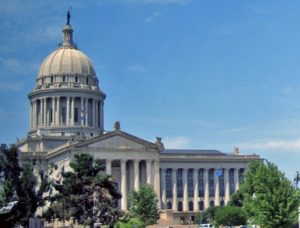(The Center Square) – The North Carolina House Education Committee will review legislation on Tuesday to allow the state’s public charter schools to launch remote charter academies online.
The move comes as North Carolina is experiencing explosive growth in charter school enrollment, which jumped 12% between 2019 and 2022, the fifth-highest rate in the nation, according to the National Alliance for Public Charter Schools.
House Bill 149 would authorize nonprofits to modify a charter through application to the State Board of Education to include a remote charter academy to enroll students both in person and in the remote charter academy.
The bill would allow nonprofits to designate one of two enrollment areas: either a statewide remote charter academy, or a regional remote charter academy to admit students from the county in which the physical charter school is located and contiguous counties.
“A remote charter academy provides instruction primarily online through a combination of synchronous and asynchronous instruction delivered to students in a remote location outside of the school facility,” the bill reads. “A remote charter academy may include any combination of grade levels.”
HB149 would require parental consent for enrollment and prohibit denial because of disability, while allowing charter school officials to reassign remote charter academy students to in-person instruction if they determine “that in-person instruction would better ensure academic success for that student.”
Charter schools would be required to provide hardware and software to students at remote charter academies at no cost, and to ensure access to a learning management platform, video conferencing, the internet, and technical support during instructional hours, according to HB149.
Other language in the bill spells out requirements for the application process, such as required digital teachers and learning support staff, who would be required to meet the same licensing requirements as charter school employees.
HB149 would task the state Board of Education with approving remote charter academies for five year terms if they meet the criteria. Renewals would also be approved for five years, using the same standards.
“The State Board of Education shall approve a minimum of two statewide remote charter academies,” the bill reads.
The legislation comes as the state prepares to phase out a virtual charter school pilot program involving two virtual schools that started in the 2015-16 school year and is slated to expire in the 2024-25 school year. HB149 would extend that program until the 2025-26 school year, with an enrollment cap of 120% of those schools’ 2021-22 enrollment.
HB149 is sponsored by Republican Reps. Jeffrey Elmore of Wilkes County, Jon Hardister of Guilford County, and Erin Pare of Wake County, along with several Republican co-sponsors and one Democratic co-sponsor, Rep. Tricia Cotham of Mecklenburg County.
The bill is expected to face resistance from the North Carolina Association of Educators, which has historically opposed legislation that could potentially draw students away from traditional public schools.
If approved by the House Education Committee on Tuesday, HB149 would move next to the Committee on Rules, Calendar, and Operations of the House.




